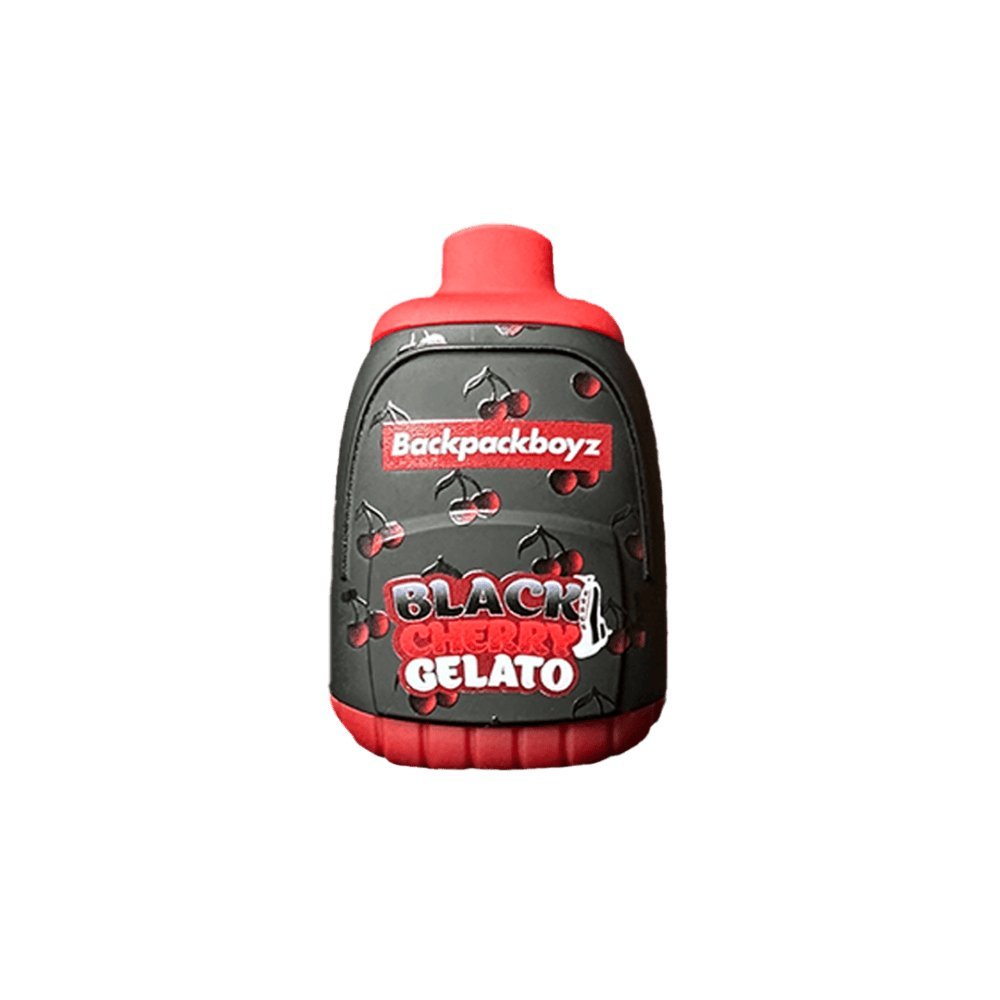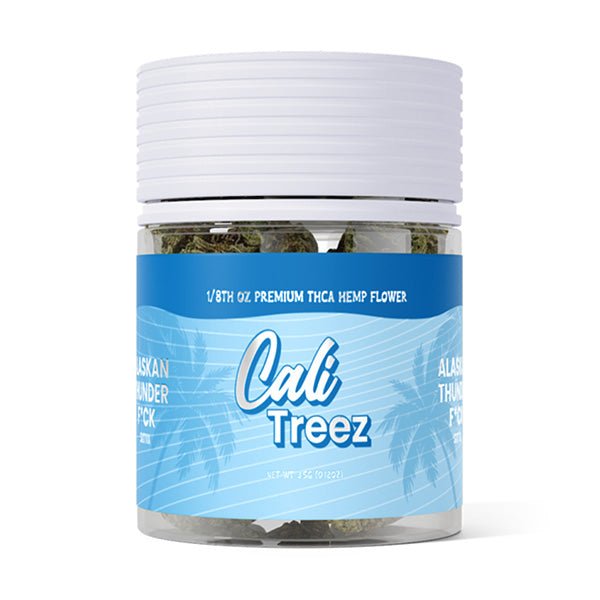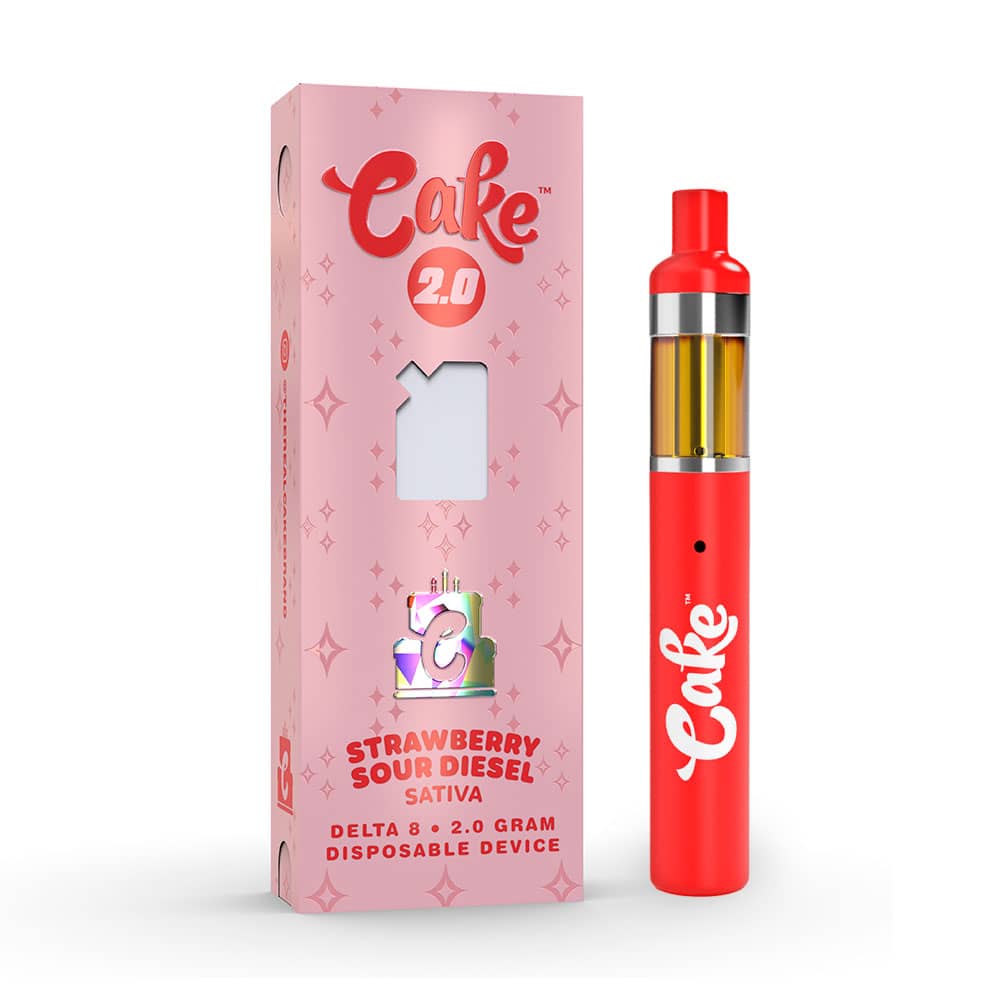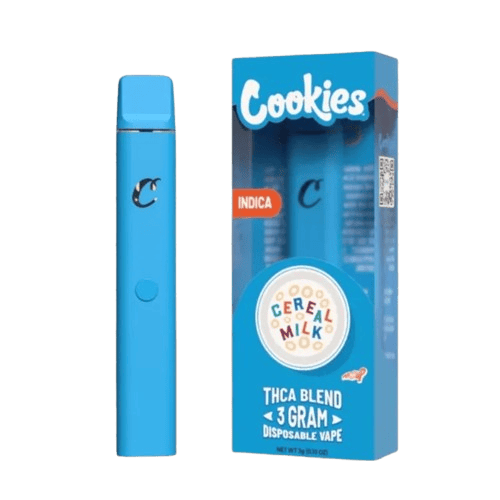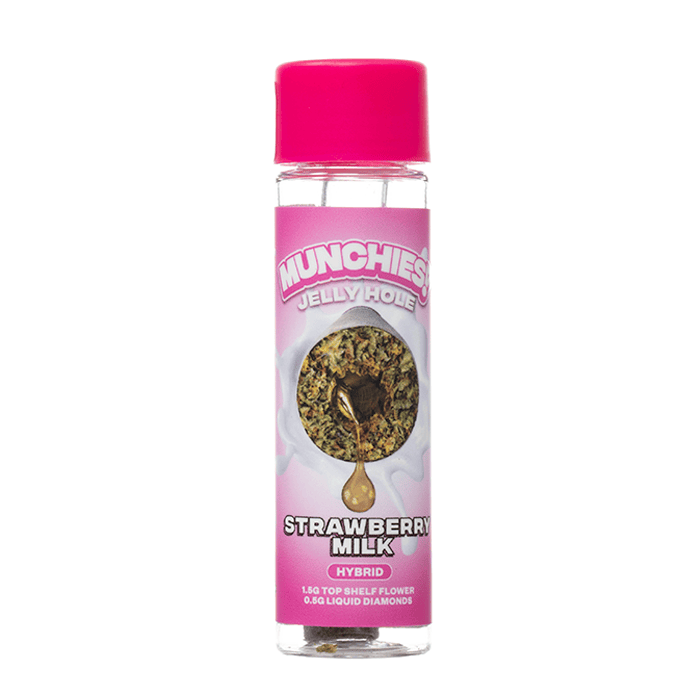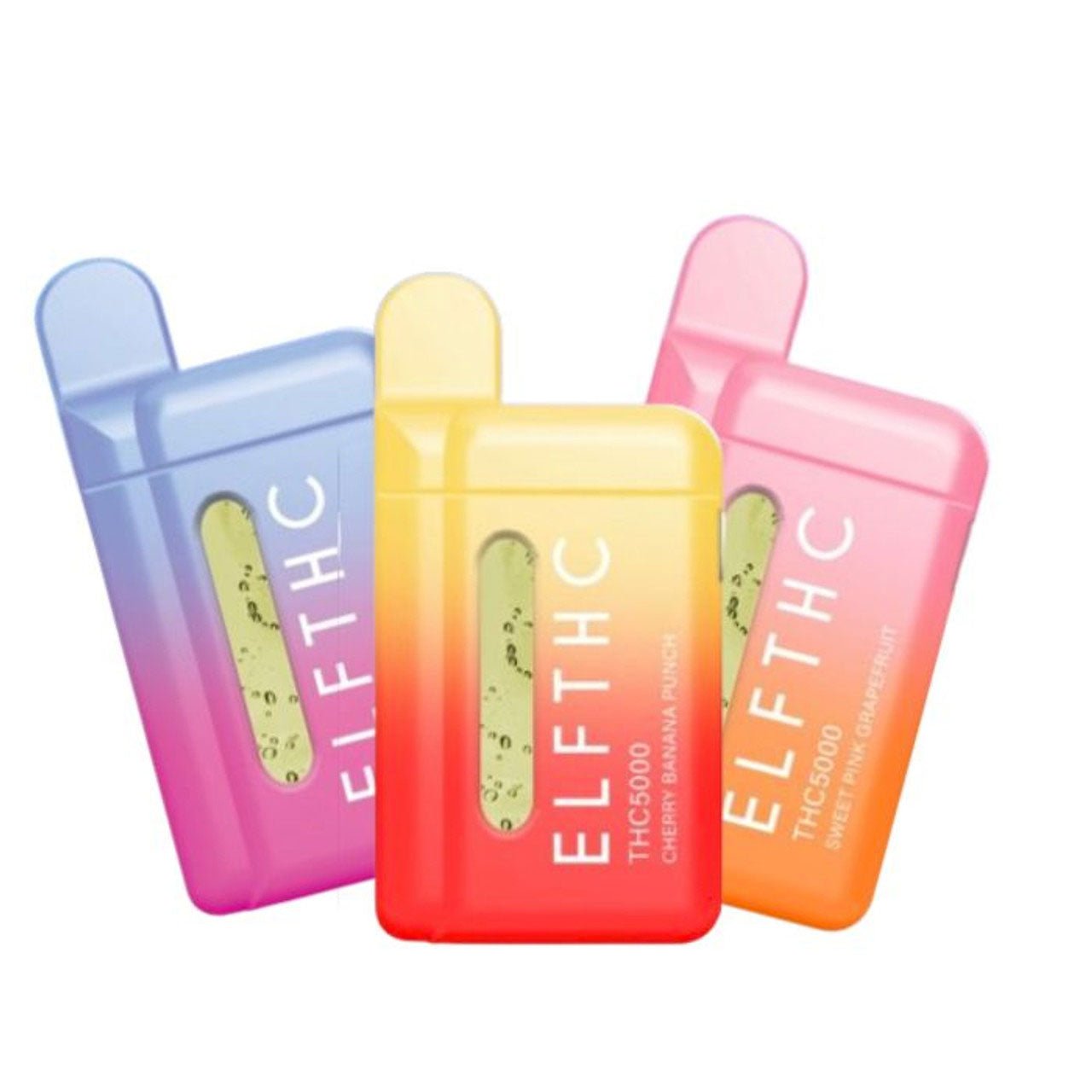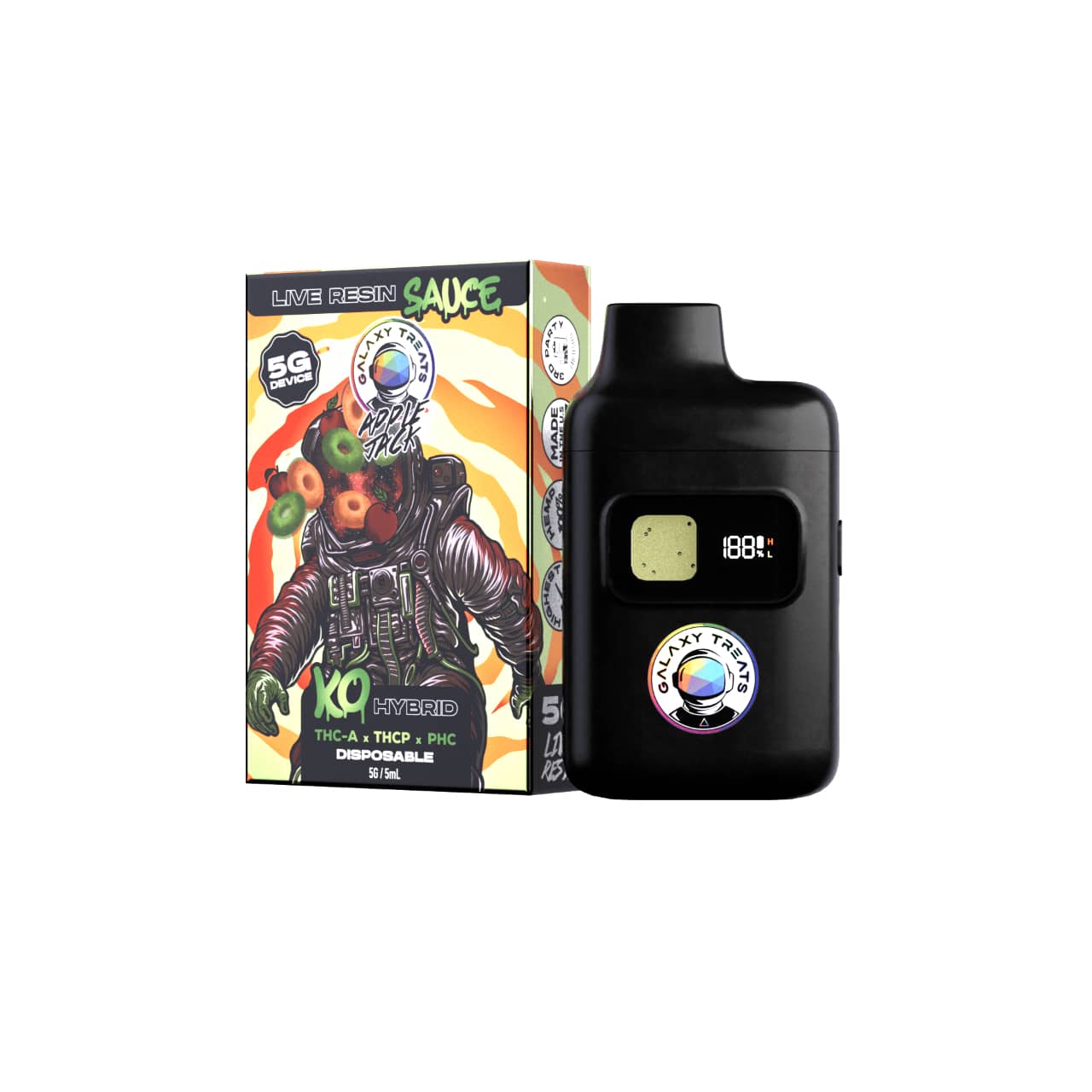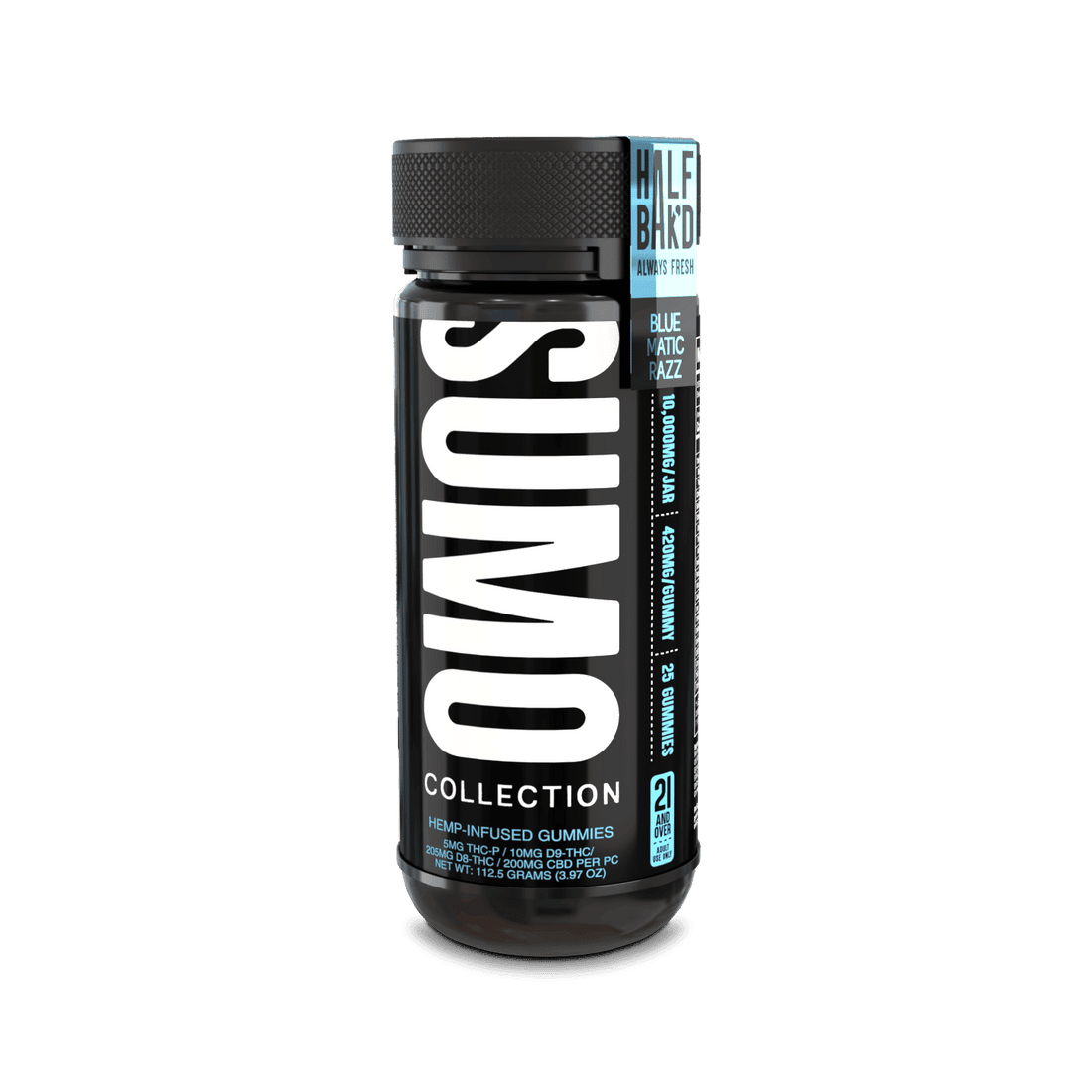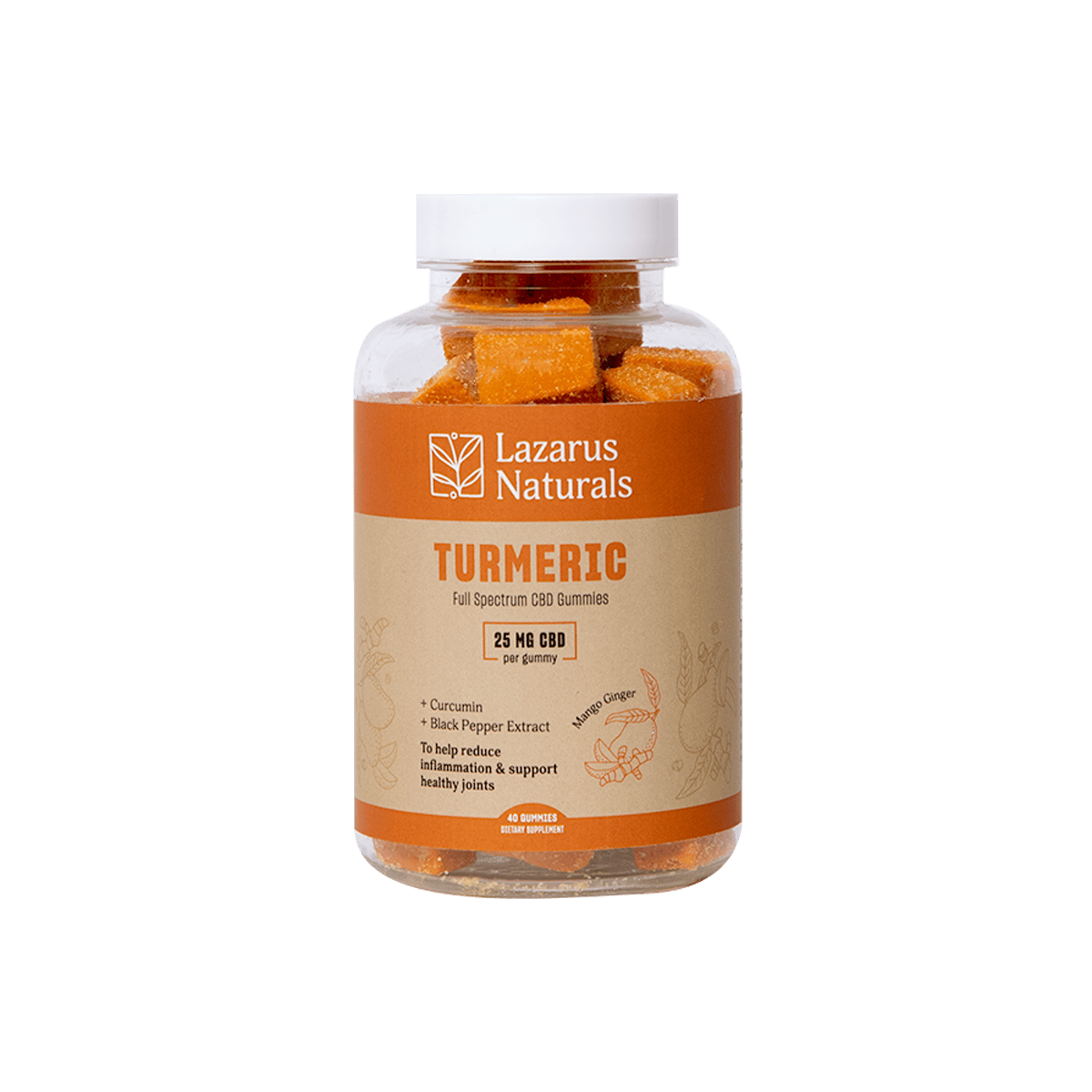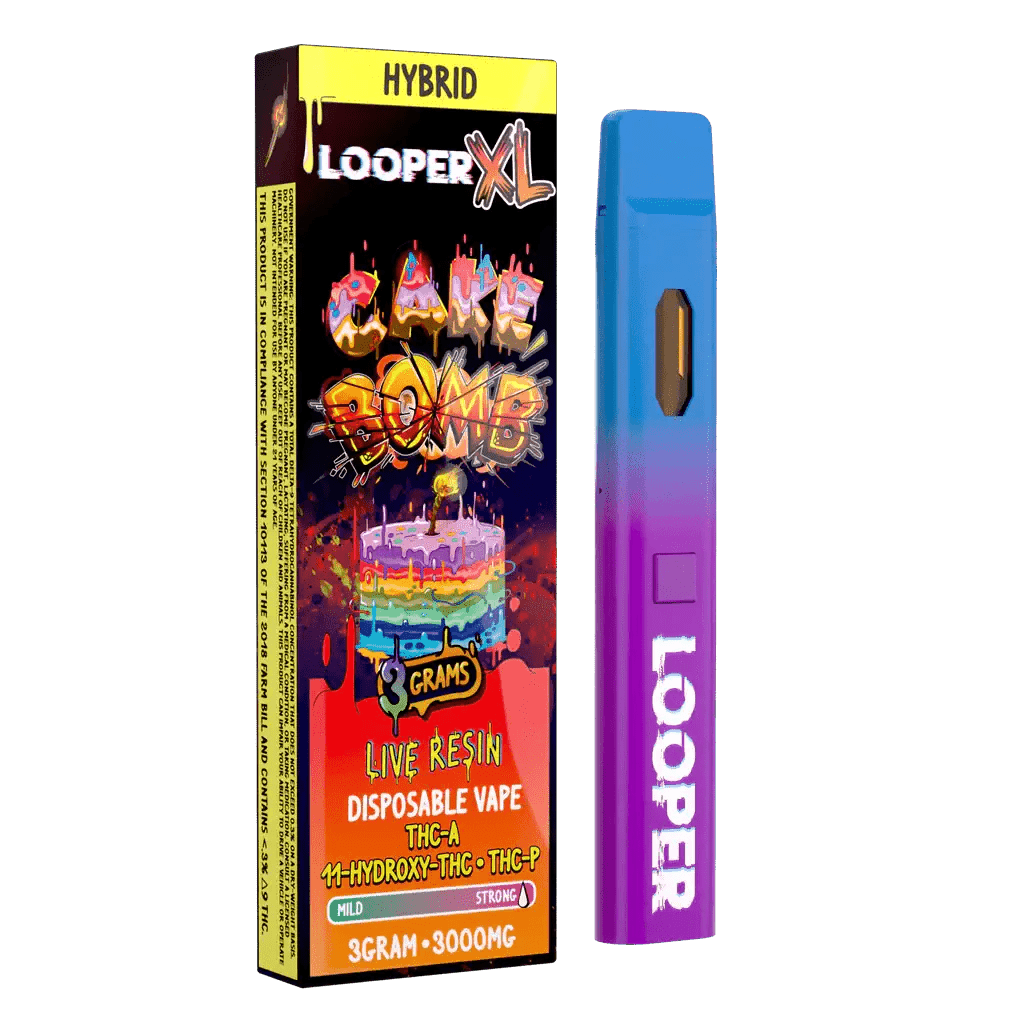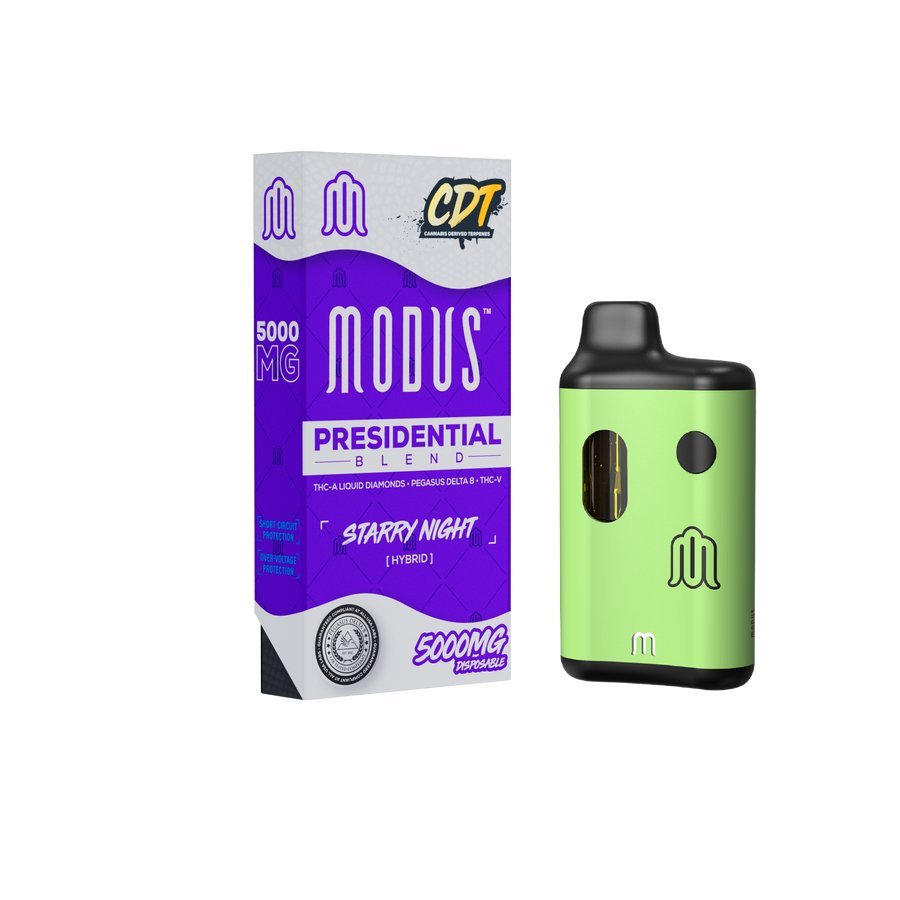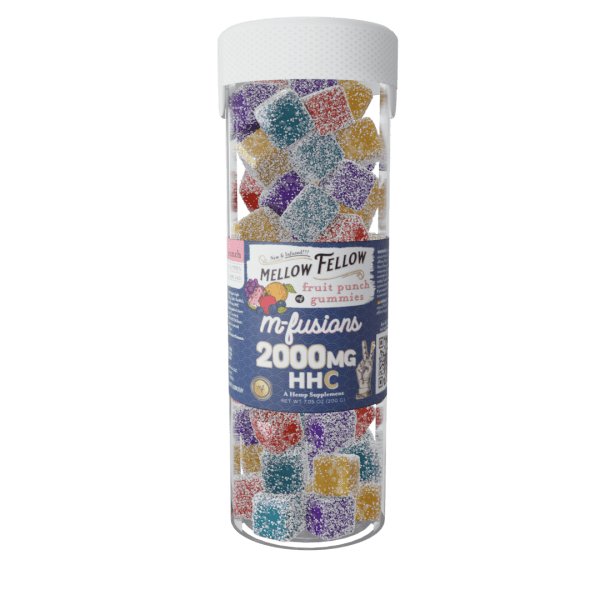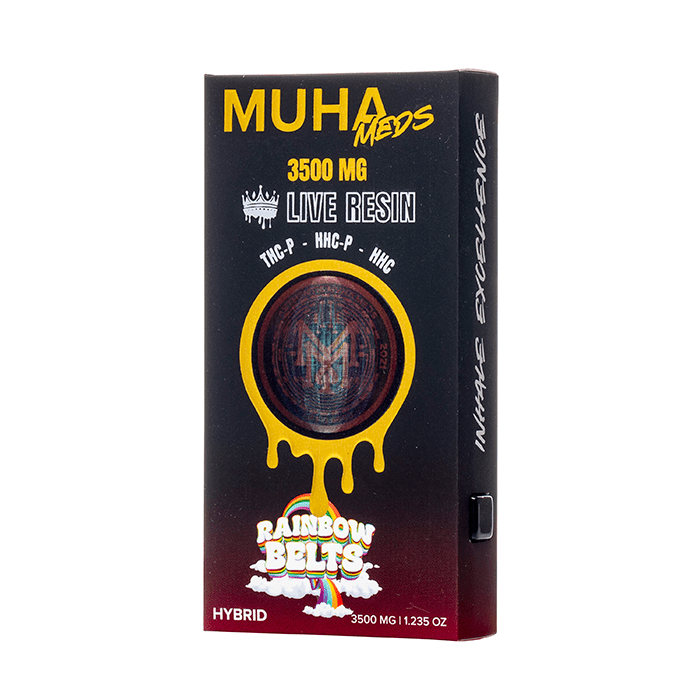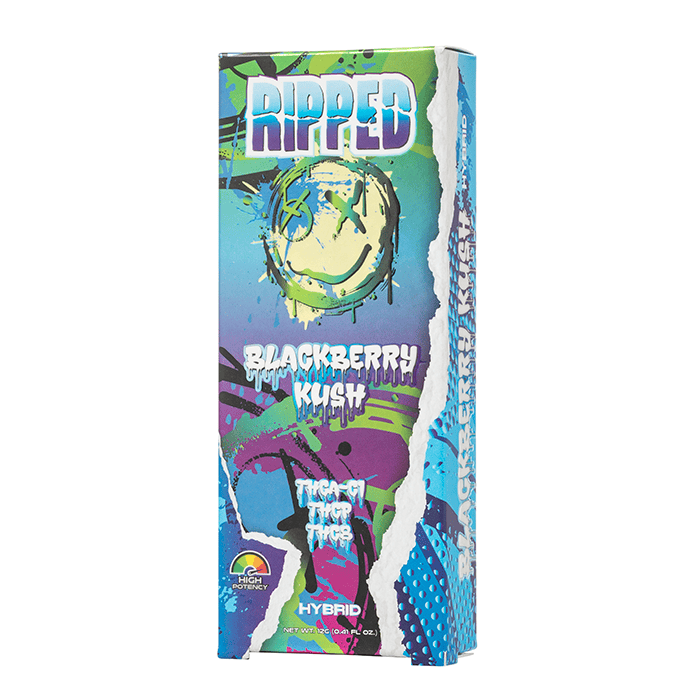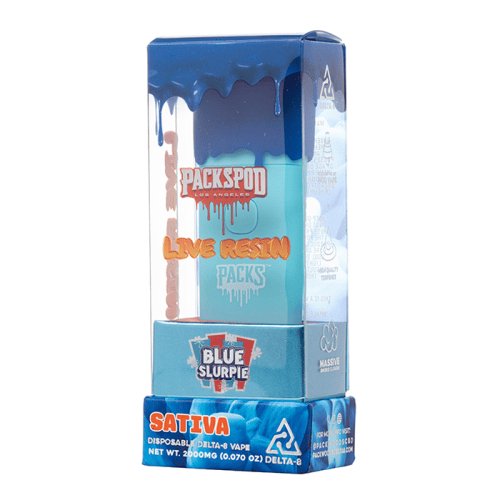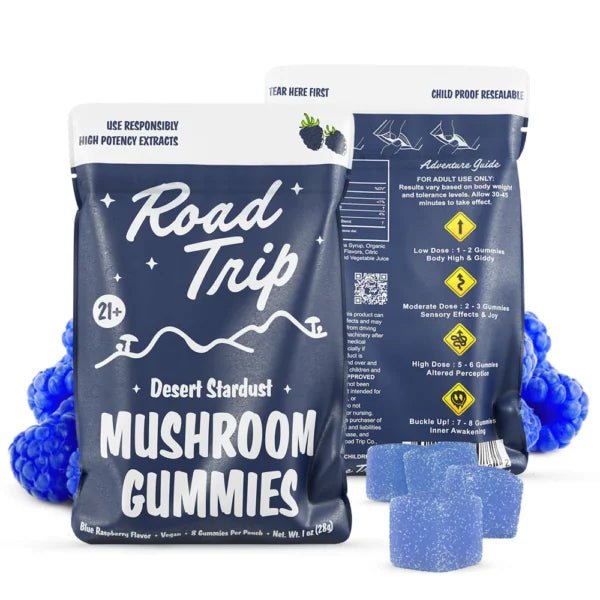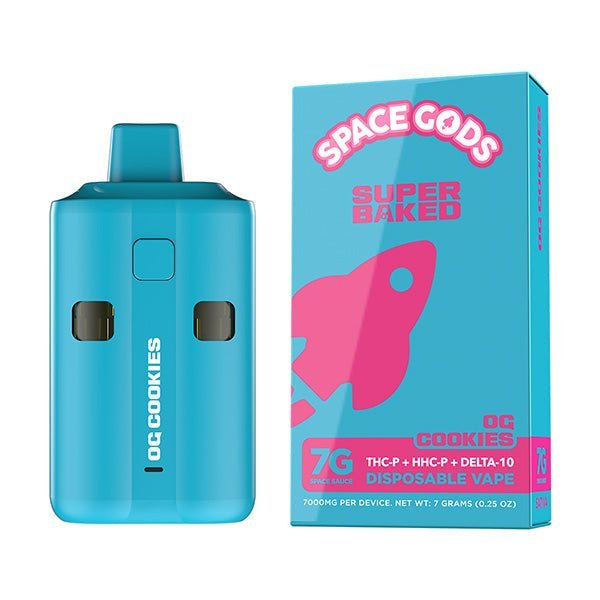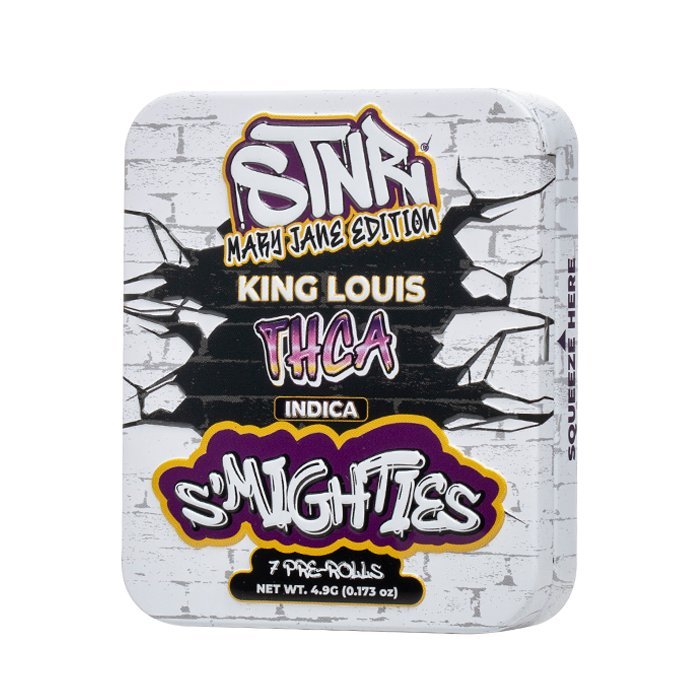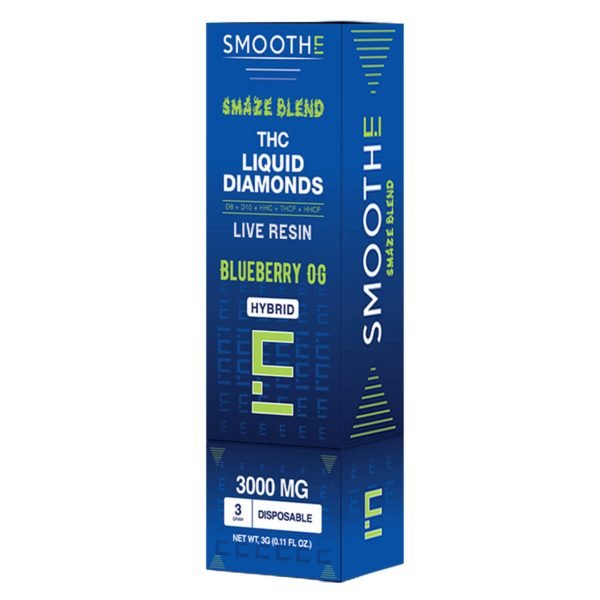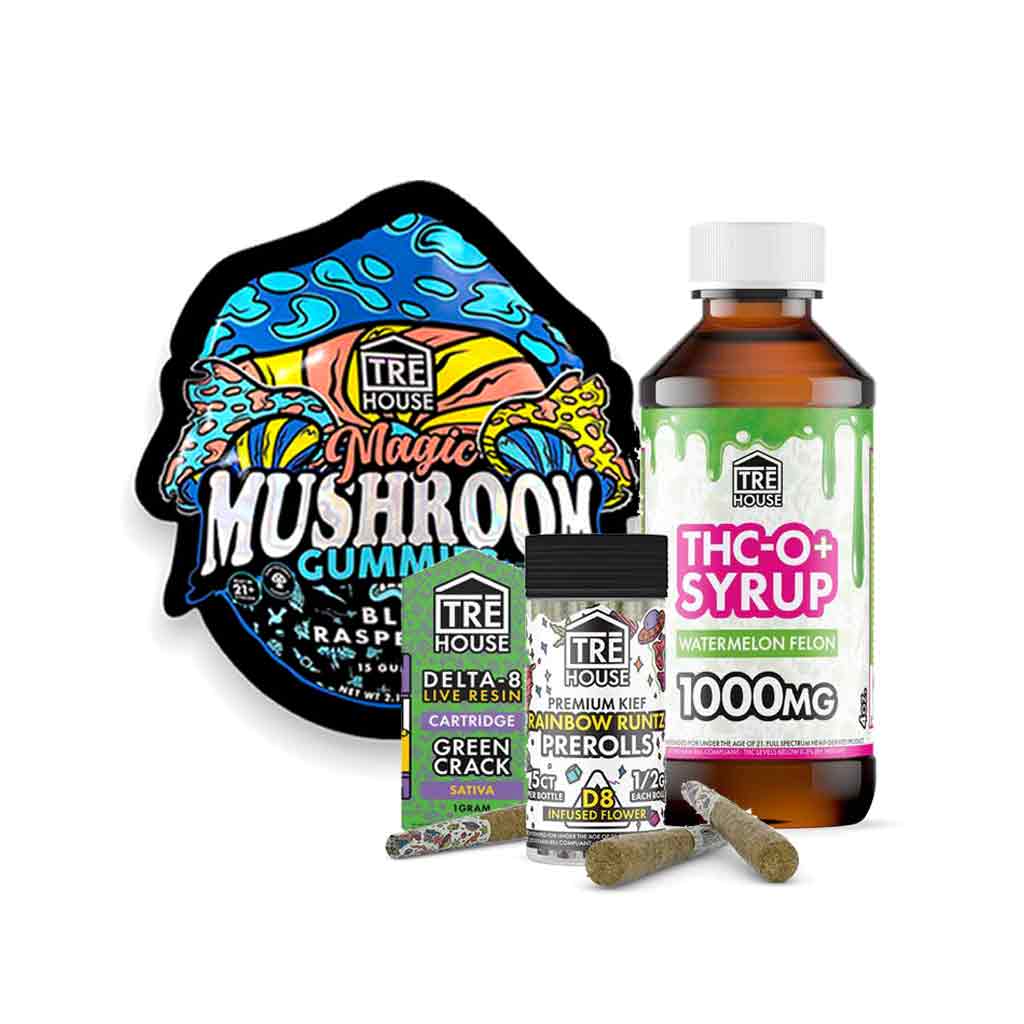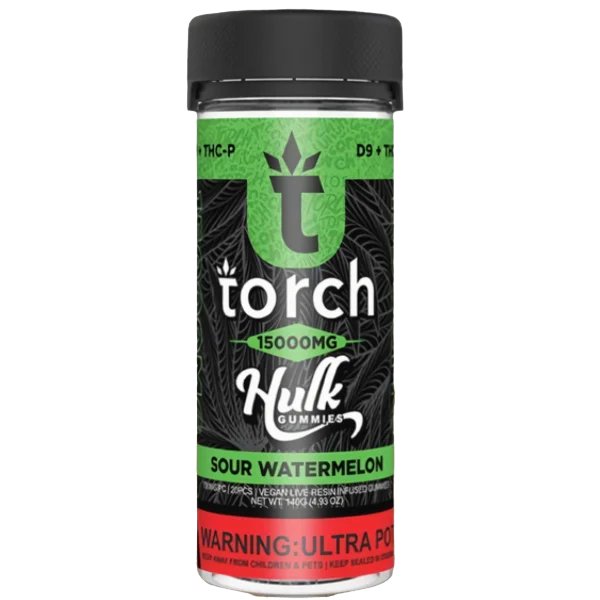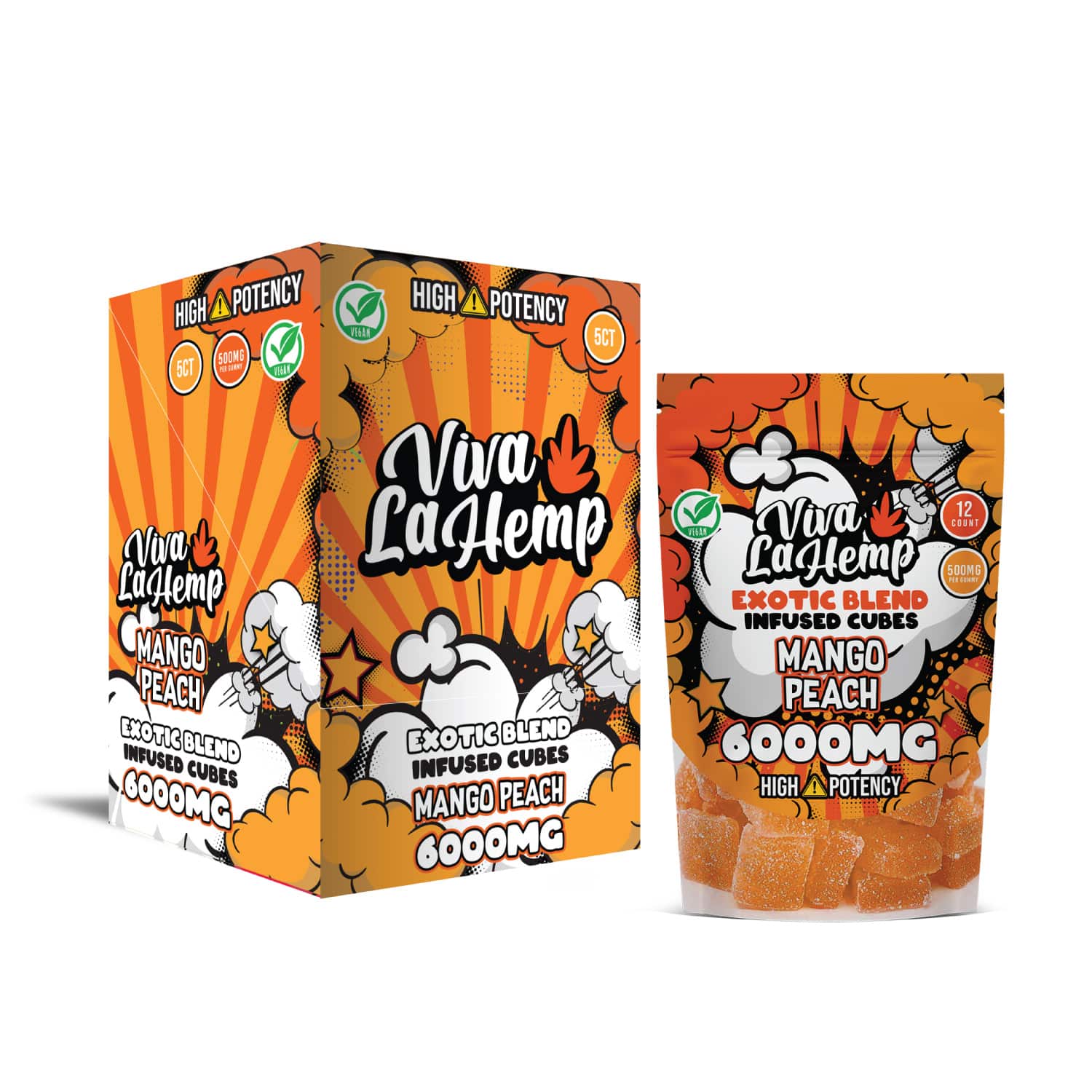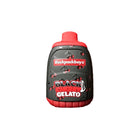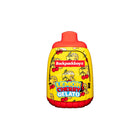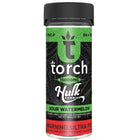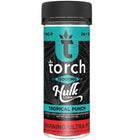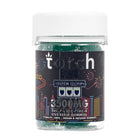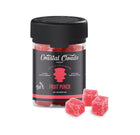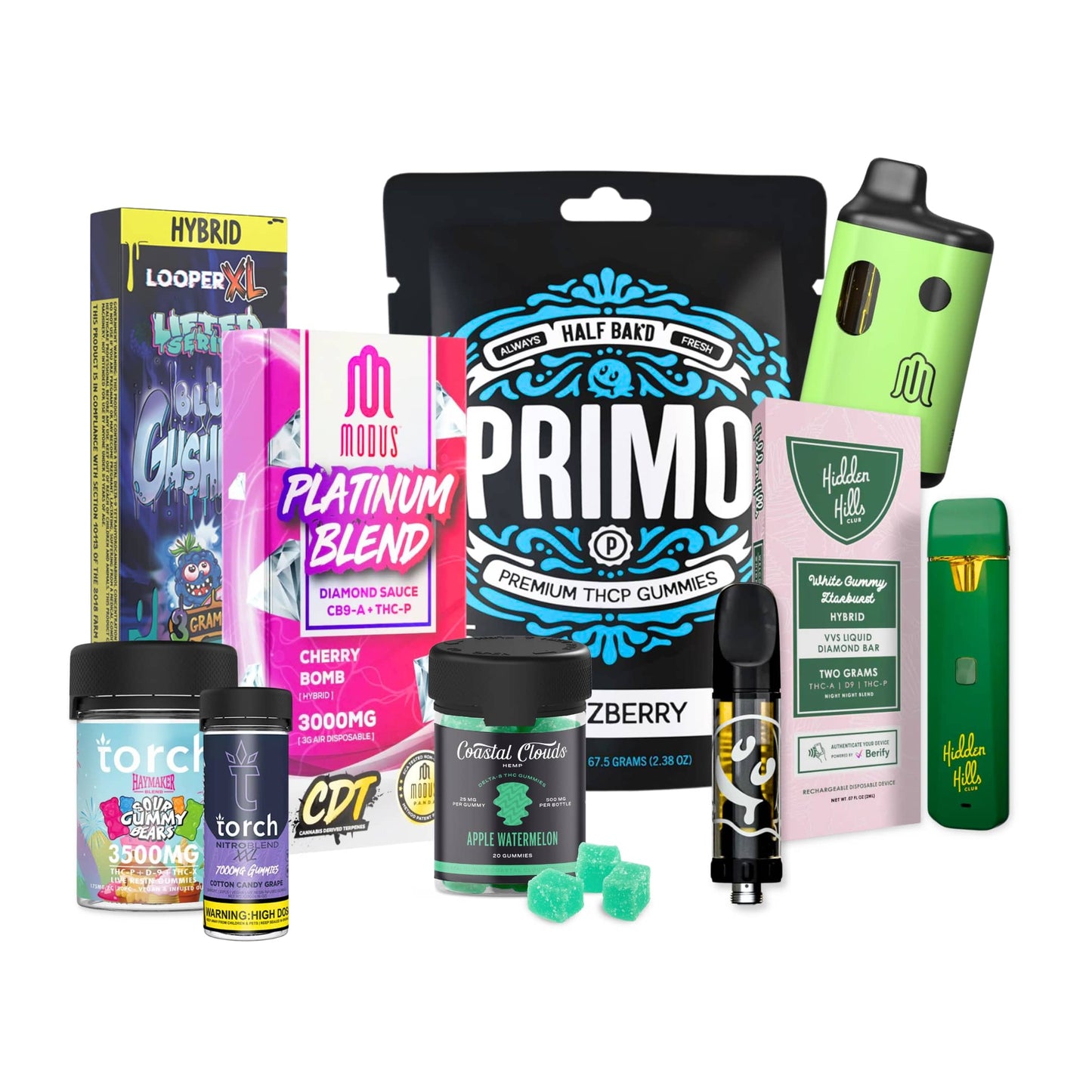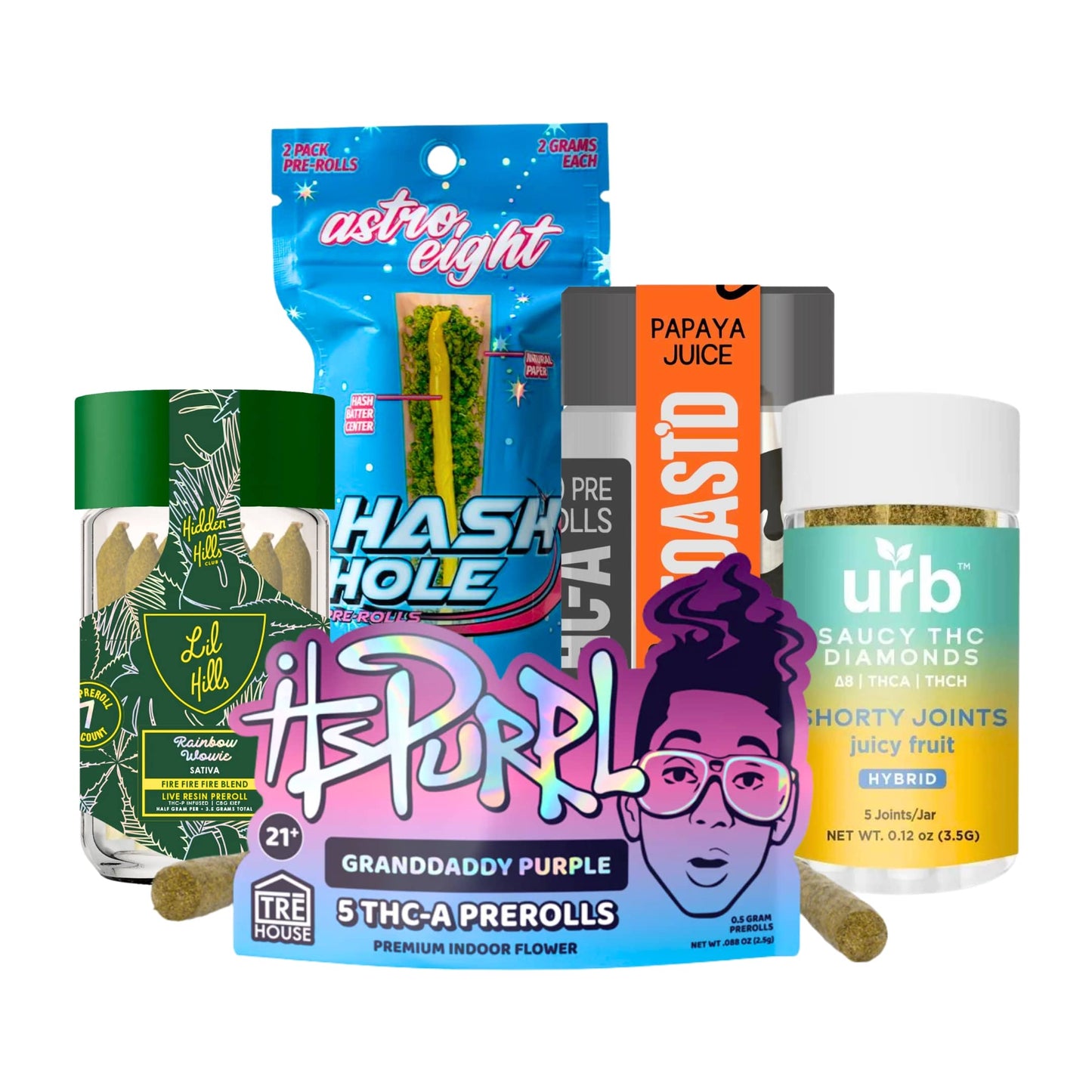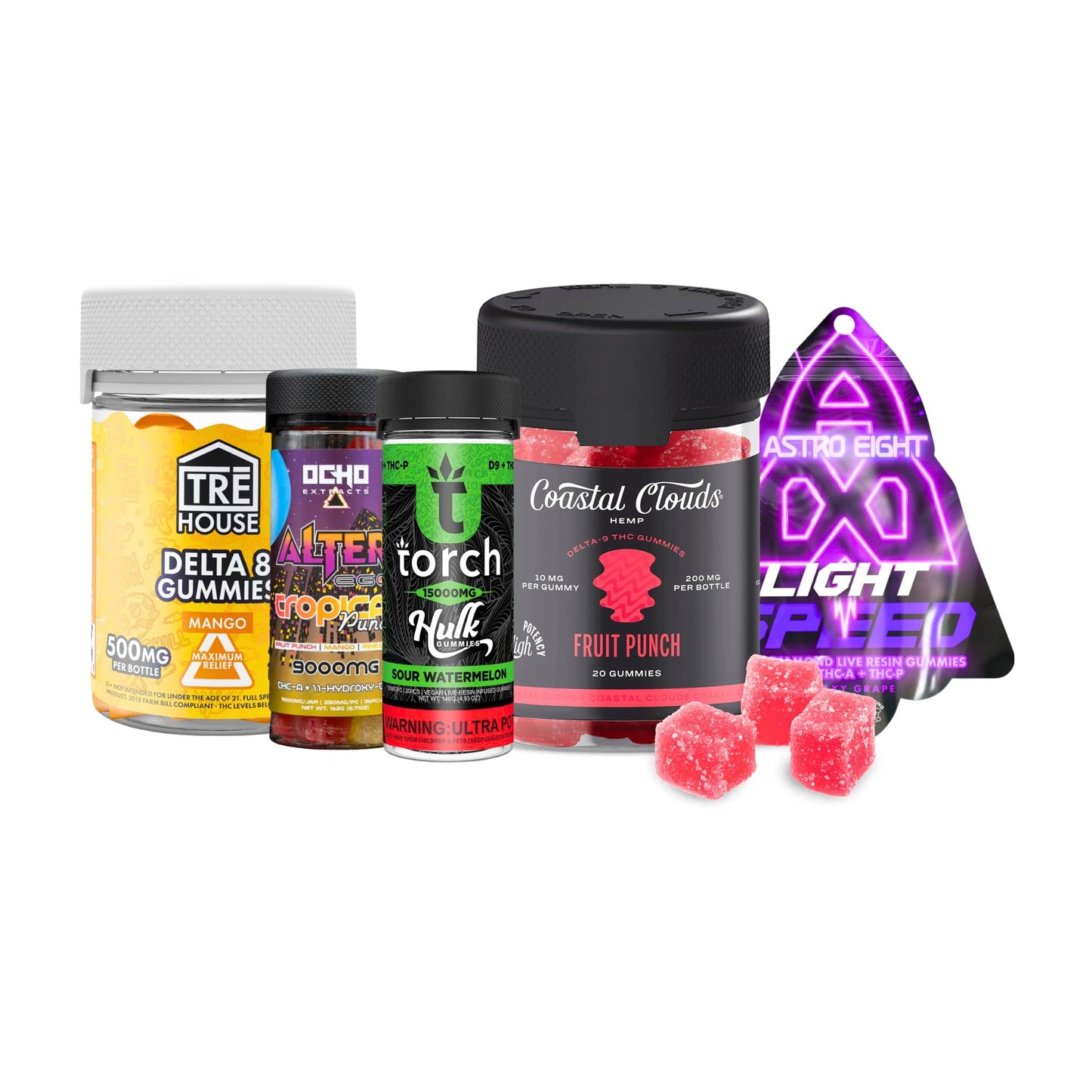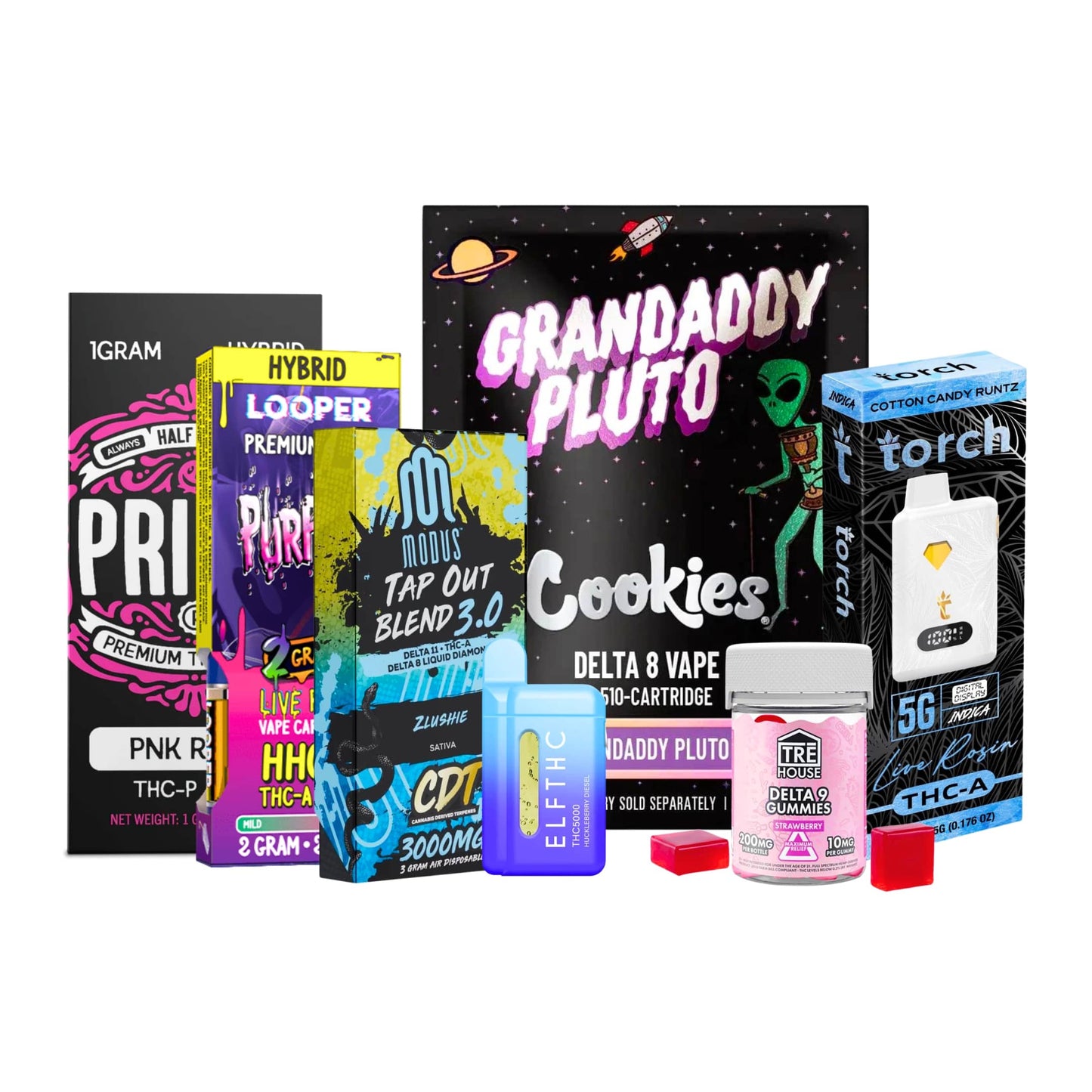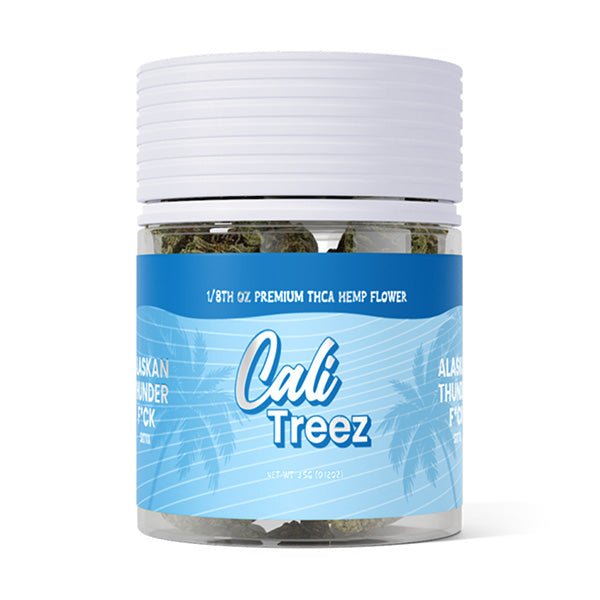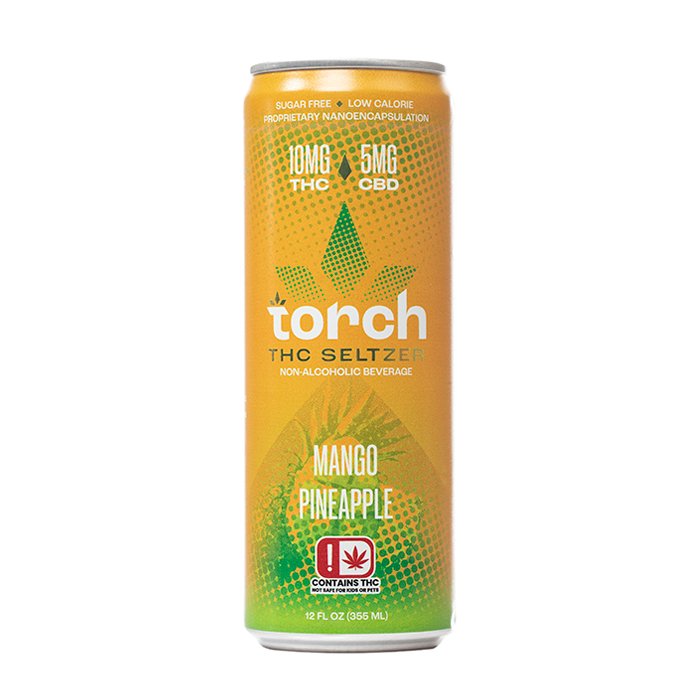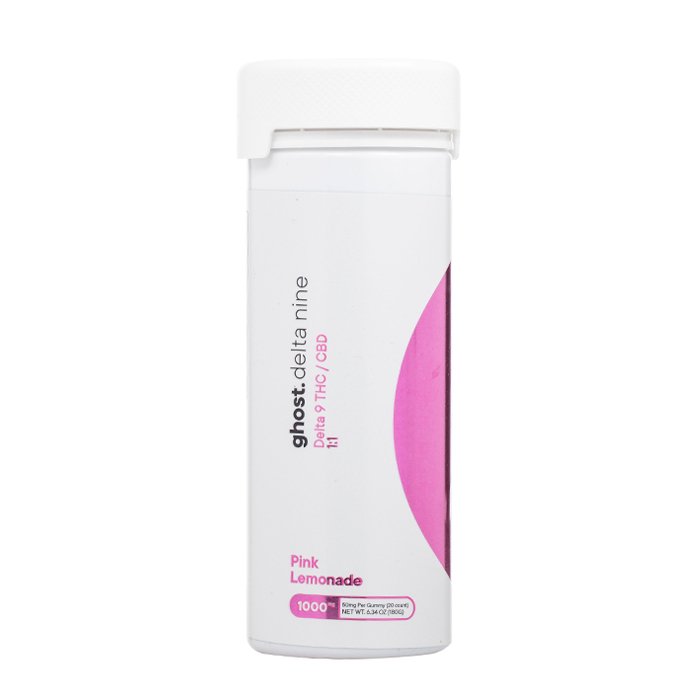Get a FREE Gummy or Vape
Sign up to get a FREE welcome vape or gummy on your first order when you buy 4 or more products.
Digestive issues are a common concern for cannabis consumers, and one question often raised is whether THC gummies cause constipation.
This DeltaCloudz article reviews what is known who may be at risk, and practical steps to prevent or manage constipation when using THC gummies.
===ARTICLE_CTA===
Possible Links Between THC Gummies and Constipation
Evidence from user reports
Many consumers note slowed digestion or irregular bowel movements after high-dose edibles. Small observational studies on cannabis and gut motility suggest cannabinoids can influence the enteric nervous system, sometimes leading to slower transit times.
While the research is far from conclusive, the consistency of user feedback indicates a real connection worth acknowledging.
How dehydration or low fiber diets might amplify risk
Constipation rarely arises from THC alone. More often, it’s a combination of factors: dehydration, low dietary fiber, or poor eating habits.
Gummies are typically consumed like candy, and users may forget to drink enough water. When THC slows digestion, this lack of hydration and fiber can make stool drier and harder to pass. In this sense, lifestyle habits may amplify the mild gut-slowing effect of cannabinoids.
High dosages and slow gut motility
Dose matters. Larger amounts of THC are more likely to slow gastric emptying and intestinal movement. This is particularly true with edibles, which metabolize differently than inhaled cannabis.
After ingestion, THC is converted in the liver into 11-hydroxy-THC, a metabolite that is stronger and longer-lasting. High doses of gummies may therefore compound motility slowdown, making constipation more likely compared to smaller servings.
Who’s Most at Risk
Beginners vs Experienced Users
Beginners are often more sensitive to gastrointestinal changes. Their bodies may react strongly to even moderate doses, leading to temporary discomfort such as constipation, bloating, or cramping.
Experienced users, on the other hand, tend to have higher tolerance and may only notice digestive issues with very high doses or poor diet habits. Still, no one is entirely immune, and even seasoned consumers can experience side effects if hydration and diet are ignored.
Prevention and Remedies
Hydration, fiber, and meal timing
Simple lifestyle adjustments can significantly reduce the risk of constipation. Drinking water before, during, and after gummy consumption helps counteract THC’s potential slowing effect on the gut.
A diet rich in soluble and insoluble fiber, fruits, vegetables, and whole grains, supports smoother digestion. Timing also matters; consuming gummies after a balanced meal may help the body process them more evenly compared to eating them on an empty stomach.
Choosing the right gummy composition
Not all gummies are created equal. Some use heavier syrups, artificial dyes, or binding agents that can be harder on digestion.
Options made with natural sweeteners, lighter bases, or added cannabinoids like CBD may feel easier on the stomach.Some blended formulations, like CBD vs. THC gummies, can moderate side effects and create a more balanced experience.
Dosing tips
Starting low and increasing slowly is not just about psychoactive safety, it also matters for digestive comfort. Low-dose gummies reduce the chance of overwhelming the gut with high levels of THC metabolites.
Beginners should consider starting with 2.5–5 mg, while experienced users can adjust upward carefully. Higher concentrations, such as the most potent THC gummies, can intensify both the desired effects and the side effects.
Do THC Gummies Cause Constipation FAQs
Is temporary constipation normal after edibles?
Yes, occasional constipation can occur, especially with high doses or poor hydration. The effect is usually temporary and resolves once digestion stabilizes. Staying hydrated and adding fiber-rich foods to meals typically helps normalize bowel movements.
Can switching types of edibles reduce digestive issues?
Some consumers find that certain formulations digest more smoothly. For example, gummies made with live resin or natural bases may feel lighter compared to dense, sugar-heavy options. Comparing cannabinoid blends such as Delta-8 vs. THC gummies also reveals that milder cannabinoids can sometimes ease overall body load, including digestive strain.
Are there gummy brands known for gentler digestion?
Brands that prioritize natural ingredients, balanced cannabinoid ratios, and transparent lab testing often receive better feedback from consumers with sensitive stomachs. Collections such as THC gummies for energy and focus illustrate how different formulations are designed for specific goals, and some may prove easier to digest than generic high-sugar edibles.



